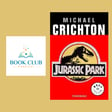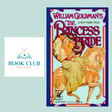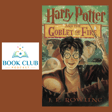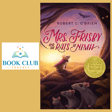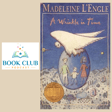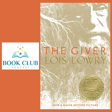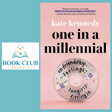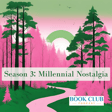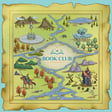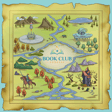
Millennial Nostalgia, Season 3 in Review
In the season three recap episode of the Book Club Podcast, host Carly is joined by frequent guests My Nguyen and Christy Lynn Horpedahl to discuss their experiences revisiting childhood classics like A Wrinkle in Time and The Giver. The conversation dives into themes of nostalgia, the portrayal of female characters, and the evolving nature of connection in a digital age. The trio reflects on how these books have shaped their understanding of the world and whether they prepared millennials for adulthood. They also explore the balance between the solitary and communal aspects of reading and the impact of technology on personal and collective experiences.
Subscribe to our email newsletter on Substack: https://bookclubpod.com/ and be sure to follow us on Twitter and Threads! You can support the podcast by making a contribution on Venmo to @bookclubpod.
00:00 Welcome to the Season Three Recap
00:15 Introducing the Guests
00:58 Nostalgia and Childhood Books
01:40 Revisiting Old Favorites
02:51 Critiquing Beloved Characters
04:52 The Joy of Rediscovery
07:50 The Expanse and The Princess Bride
12:56 Reading as a Primer for Life
18:16 Sharing Books Across Generations
27:36 The Solitary and Communal Nature of Reading
33:38 Hiding your Books
36:54 Connection with High Nutritional Value
41:29 The Importance of Generosity and Honesty in Connection
48:47 Technology and Radical Humility
50:48 Female Characters and Their Portrayal
57:40 Millennials and a Changing World
01:02:03 Just Because you Like it
